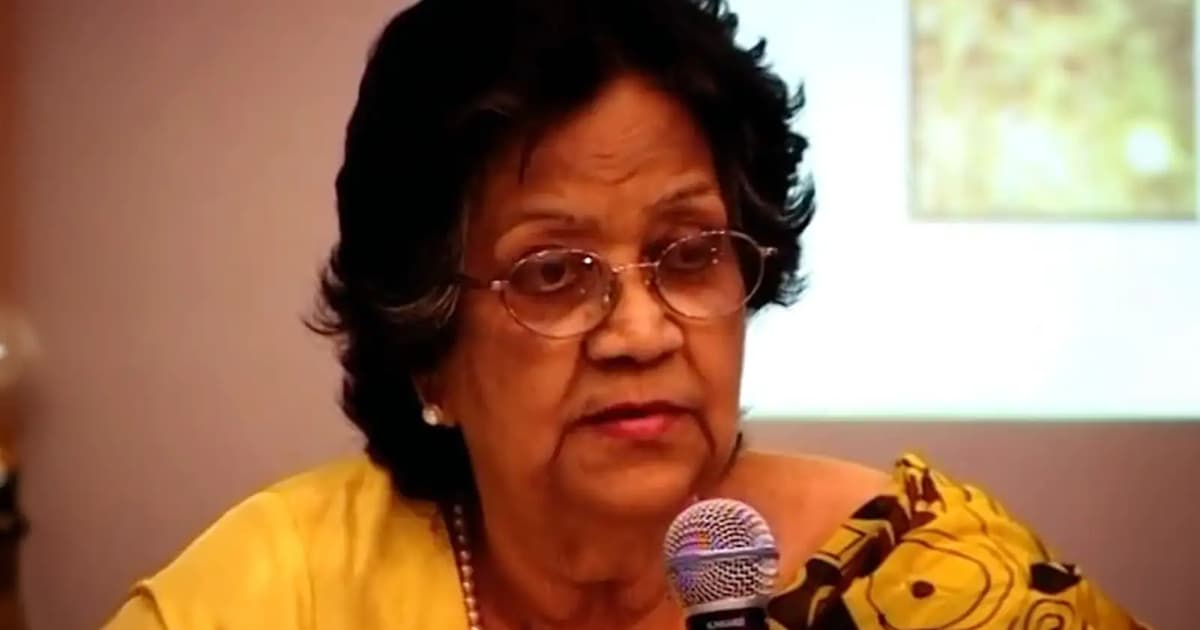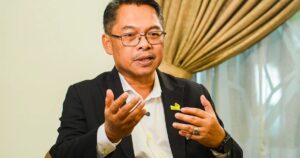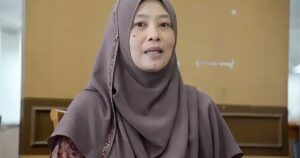
The late Rasammah Naomi Bhupalan, a recipient of the Tokoh Guru Award in 1986, lived an extraordinary life.
An education stalwart, social activist and freedom fighter, she touched many lives. In the 1960s, she formed the Women Teachers’ Union and advocated for equal pay for female educators.
She also founded the YWCA Vocational Training Opportunity Centre for girls from lower-income households, and co-founded the National Council of Women’s Organisations Malaysia.
Beyond the education sector, she campaigned for pension packages and a higher minimum wage, and spoke out against domestic violence and rape.
FMT Lifestyle recently spoke with Rasammah’s son, Dr Anand Bhupalan, and daughter-in-law, Renuka Thuraisingham, about her remarkable life.
“She loved Malaysia and advocated the rights of Malaysians. She had a great fondness for Tunku Abdul Rahman and what he stood for,” said Anand, 65, who noted that the country’s first prime minister had supported the campaign for equal pay for women teachers.
Rasammah regarded all Malaysians as equal. “Her students will tell you that she supported and encouraged students for who they were. Race was never an issue,” said Anand, a gastroenterologist.

Rasammah taught at the Methodist Boys School, Kuala Lumpur before serving as principal of Methodist Girls School (MGS) Klang.
She later became principal of MGS Kuala Lumpur, a post she held for 14 years, before becoming the founder principal of Methodist College Kuala Lumpur.
Rasammah believed that everyone deserves access to good education. When students couldn’t pay their fees, she rallied friends and family to raise the necessary funds.
At her funeral, former students shared how she had been instrumental to their success. One student recalled being caught smoking in school with his friends.
As “punishment”, Rasammah cast them in a school play. So, instead of getting up to mischief after school, they had to attend rehearsals and learn Shakespeare!
“She thought out of the box when handling her difficult students,” said Renuka, 59.

For Rasammah, family always came first. Anand, her youngest, recalled how she would guide him and his siblings in their studies, being strict when they didn’t do well but always encouraging them to try again.
Renuka, an executive career coach, spent a fair amount of time with Rasammah in the latter’s golden years. “I really admired her drive, determination and sheer tenacity,” she told FMT Lifestyle.
The youngest of six siblings, Rasammah grew up in Ipoh. However, before turning 10, her father, a school headmaster, passed away. This loss, Anand shared, led her to Christianity, an anchor throughout her life.
At 16, Rasammah and her sister Ponnamah joined the women’s wing of the Indian National Army (INA). After hearing their leader, Subhas Chandra Bose, speak at a rally, a fire was ignited within Rasammah to fight British colonial rule.

She marched through Thailand towards Myanmar with the INA to enter India, but the war soon ended and she returned home.
Yet, Anand shared, even before she’d heard Bose’s rousing words, his mother had already been principled and unafraid to stand up for herself and others.
While Rasammah fought her causes, love entered her life quietly – at a social event in her brother’s university. There, she met the man who would become her husband: Dr Franklin Rajendram Bhupalan.
They had three children together, and later seven grandchildren and three great-grandchildren. Her oldest grandchild, Benjamin Cooksley, continued her legacy by becoming a teacher.
“My mother wouldn’t have achieved all that she did without my father. He was her strength and best friend who supported her in everything she did,” Anand added.

Rasammah passed away on May 13, less than two weeks after celebrating her 98th birthday, and three days before Teacher’s Day.
Notably, her birthday had been on May 1, Labour Day – a poignant date for a woman who devoted her life to the upliftment of others.
After her passing, Prime Minister Anwar Ibrahim shared this message on social media: “In the pages of history, her name is etched as someone who steadfastly championed women’s rights, including advancing the principle of ‘equal pay for equal work’ – one of her many fights whose benefits are still enjoyed by today’s generation, though it’s forgotten.”
Indeed, Rasammah was never one to stand on the sidelines. Instead, she gave her all to make a difference – and, in doing so, helped shape a better Malaysia.
“Hers was truly, truly a life well-lived,” Renuka concluded.






